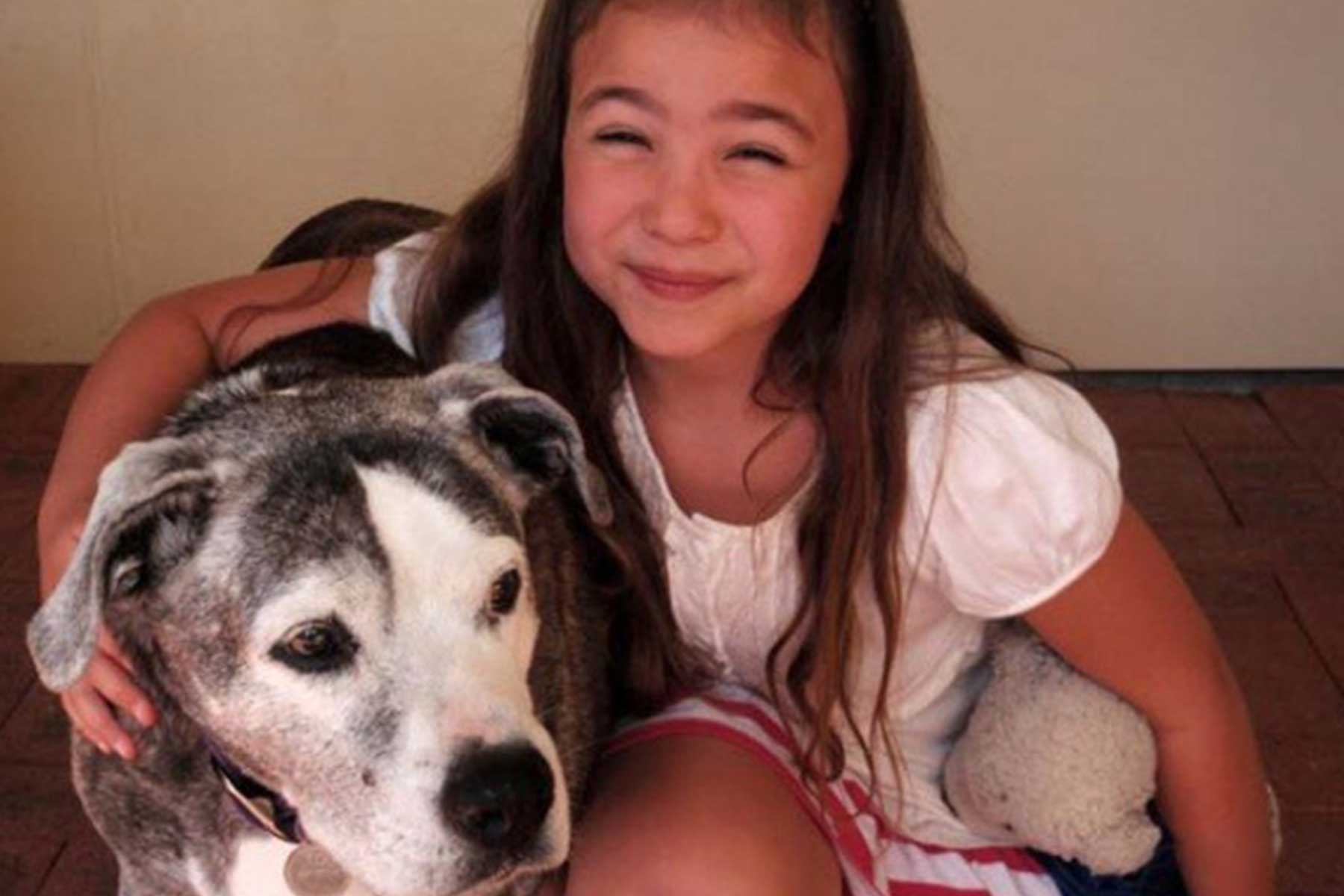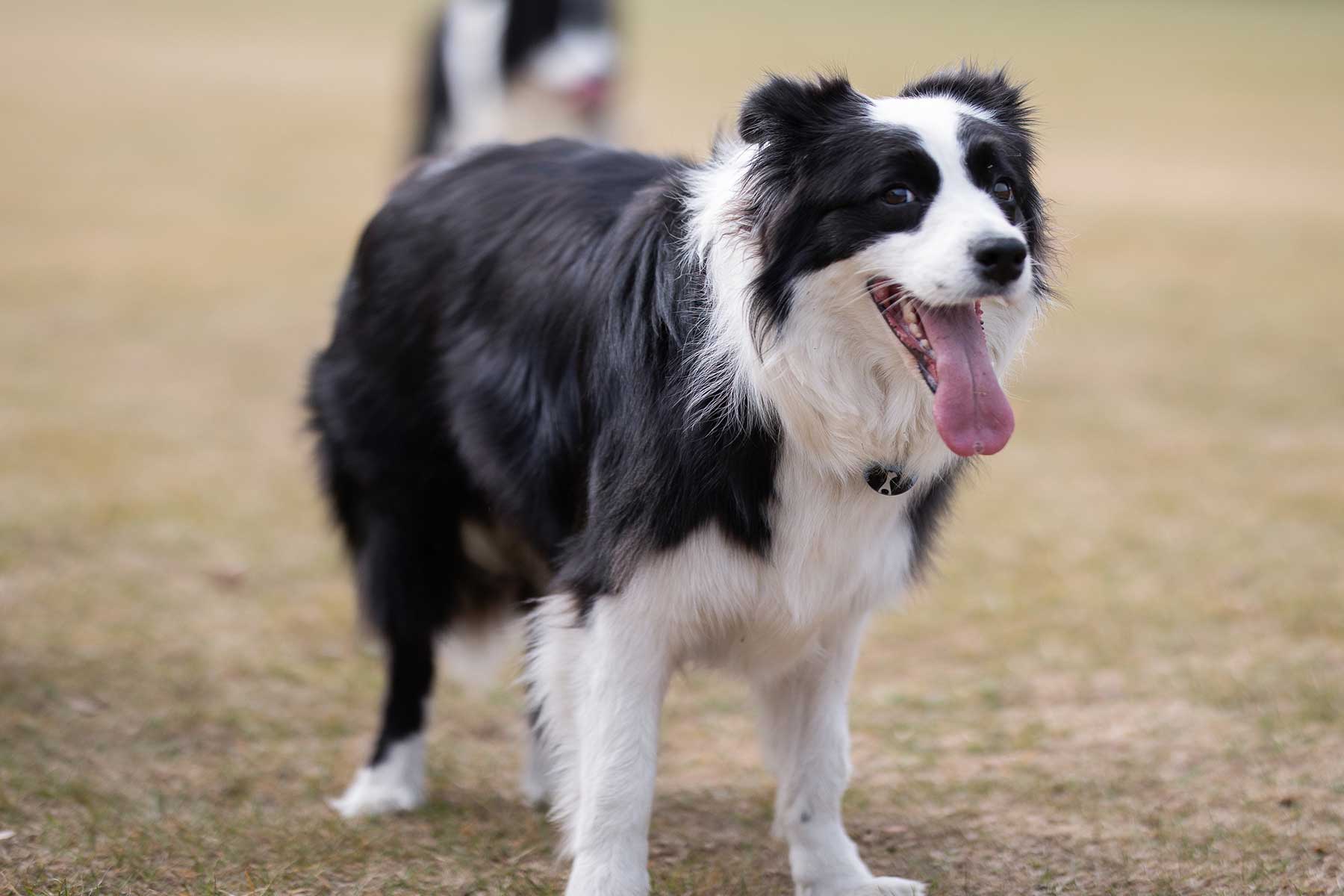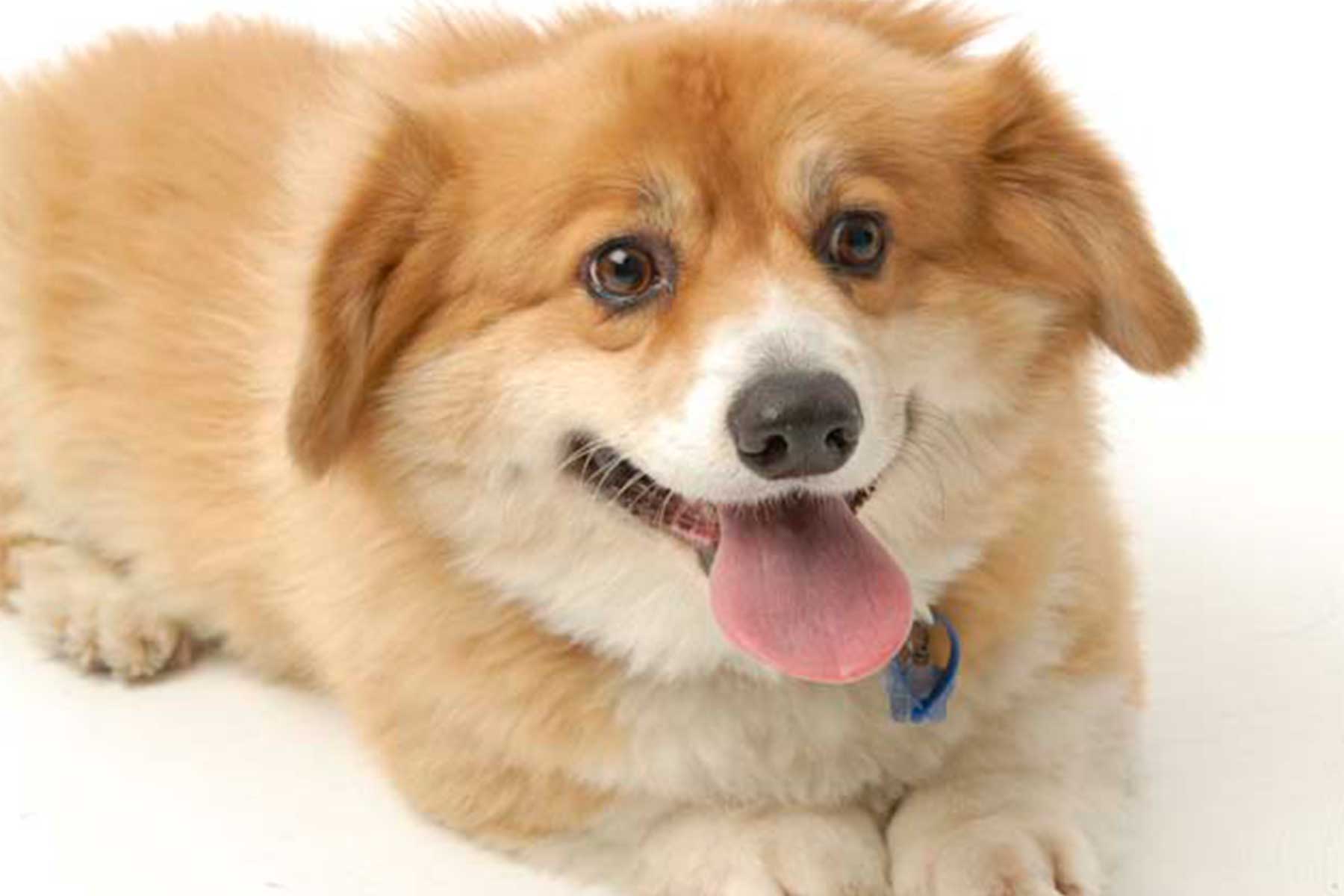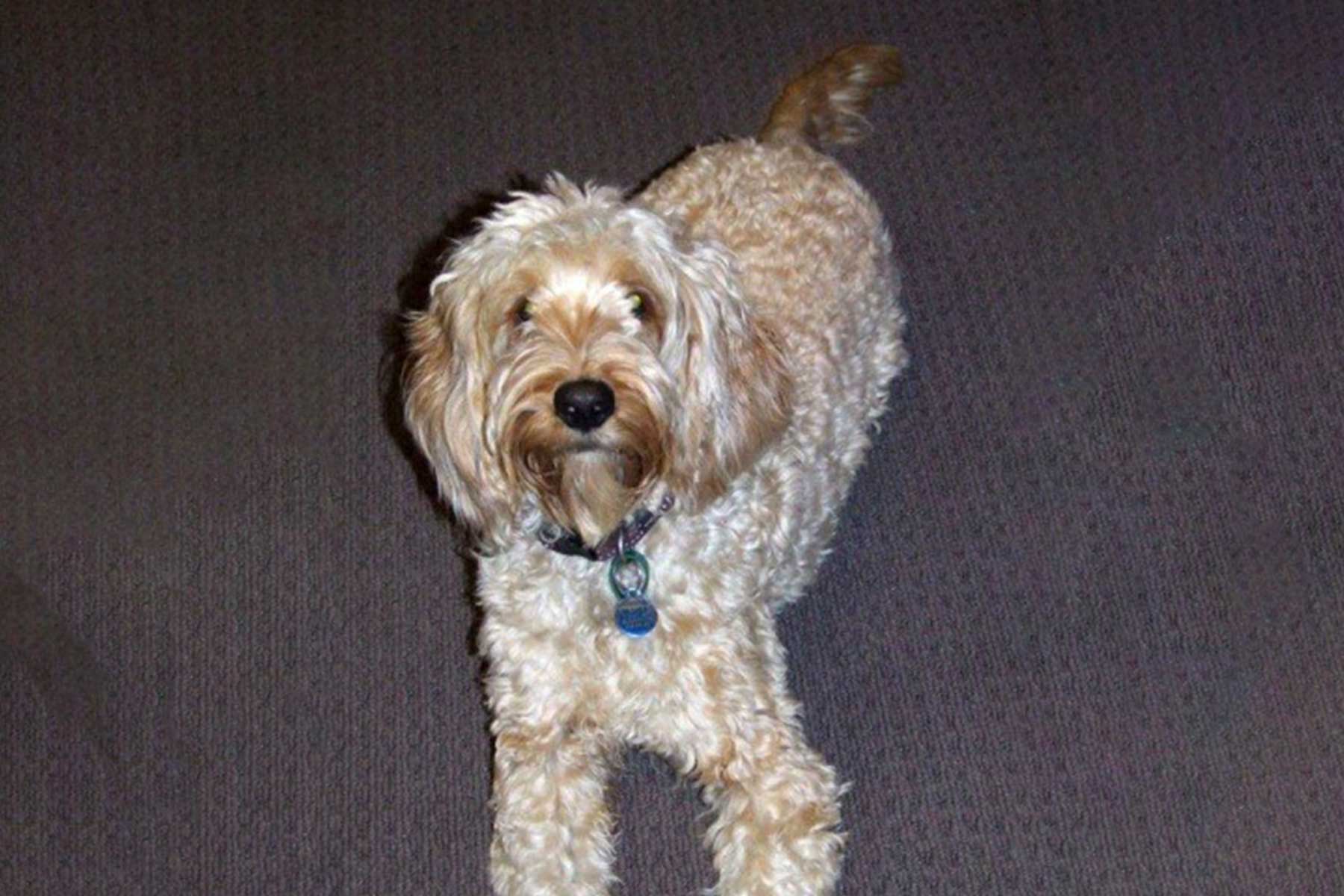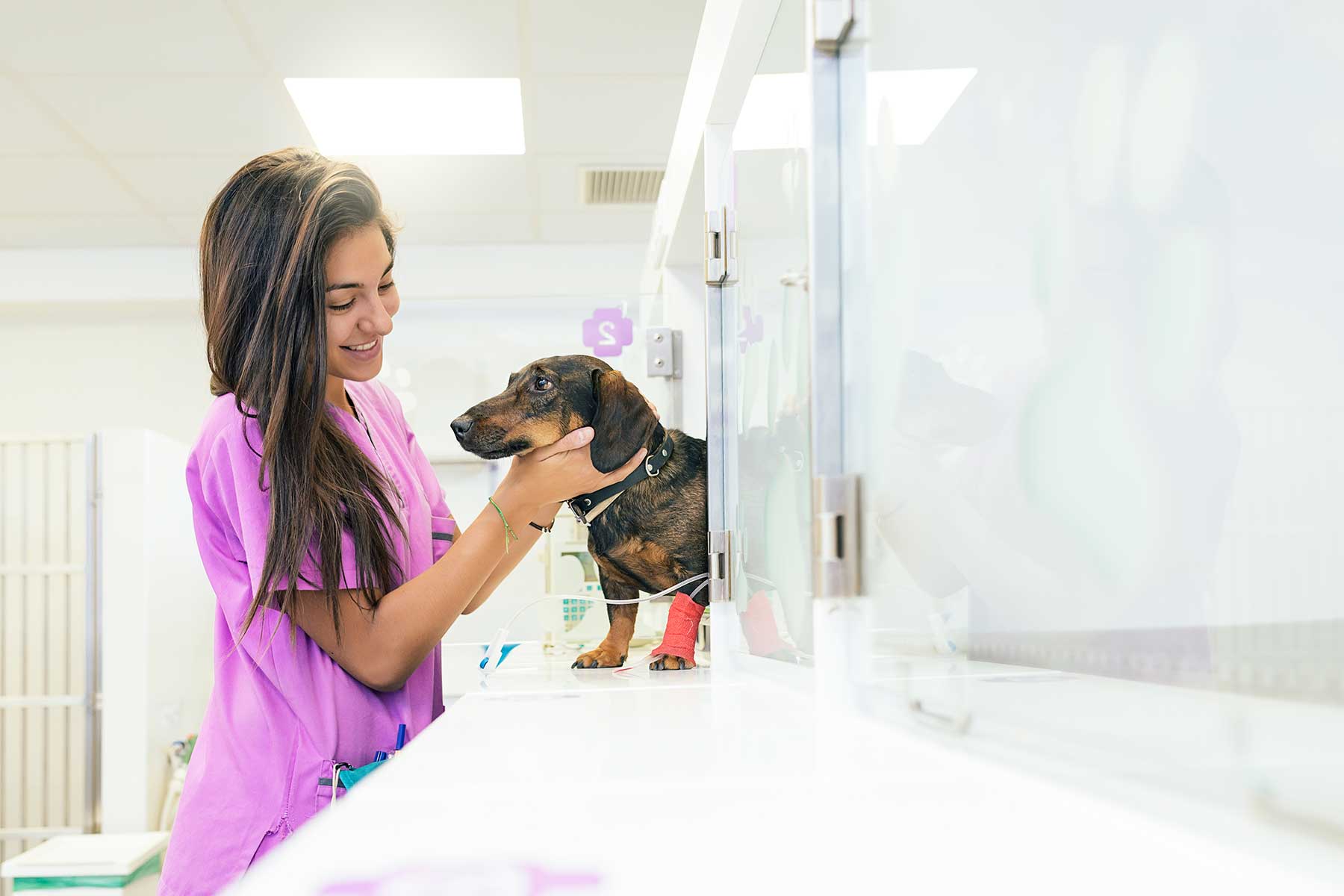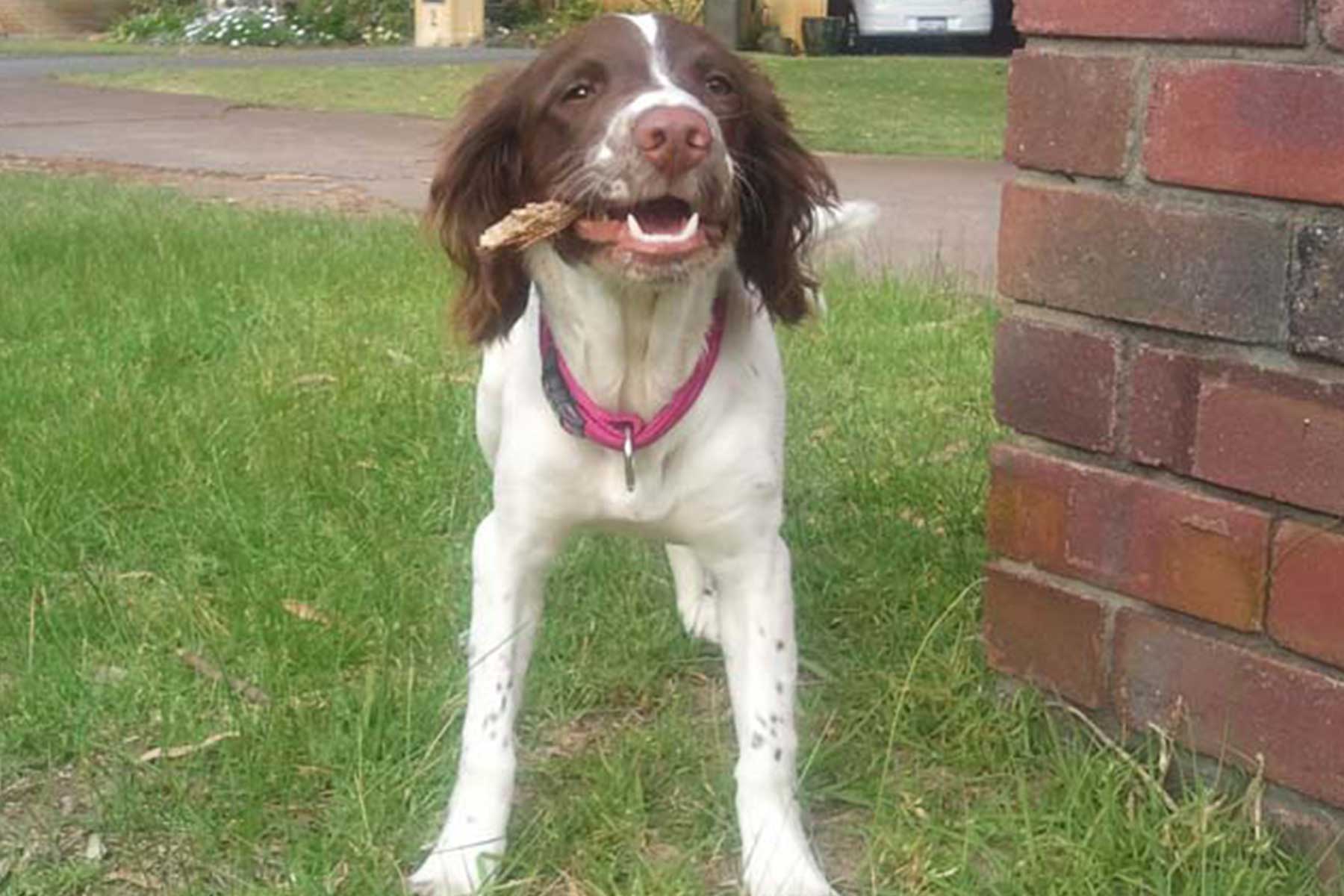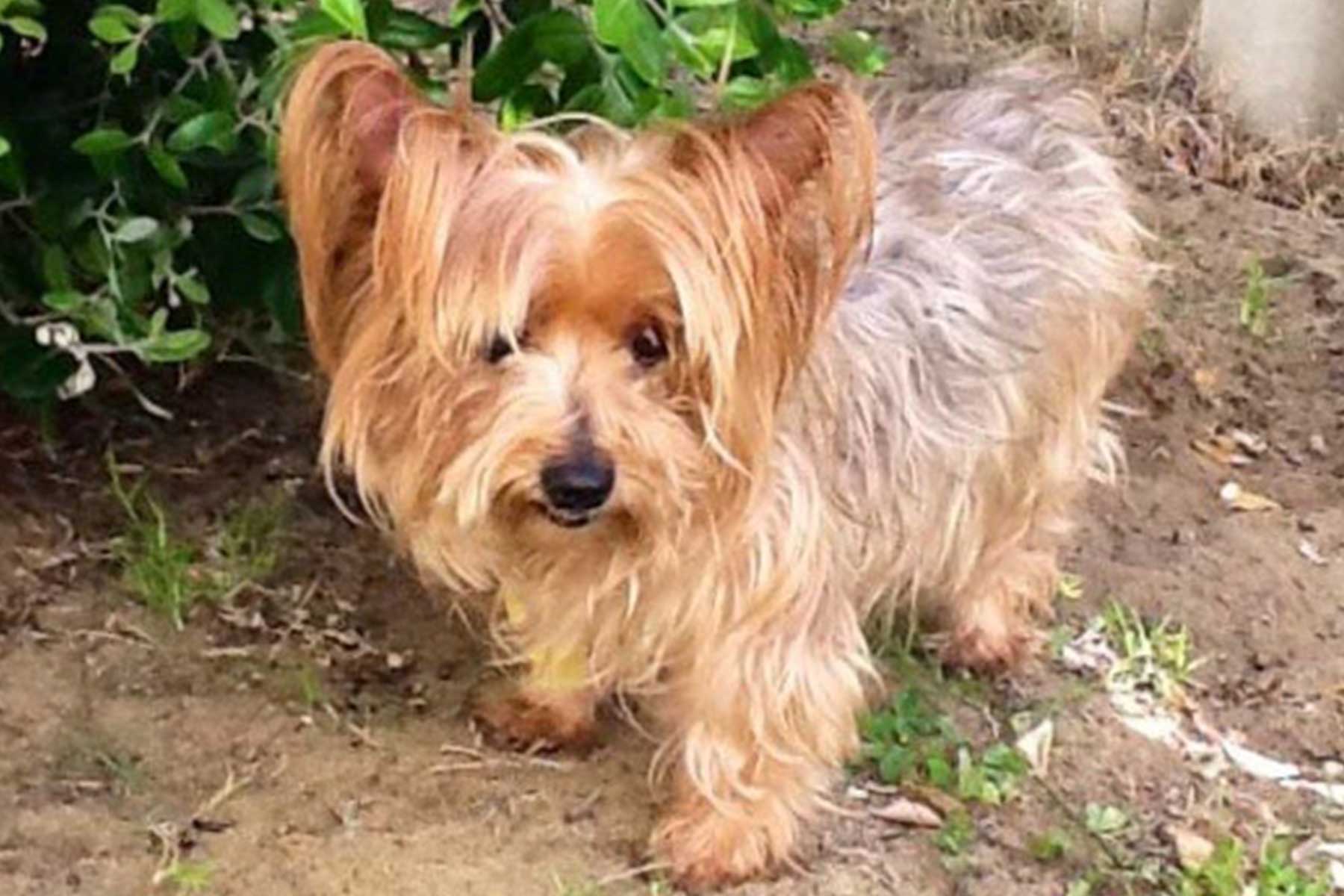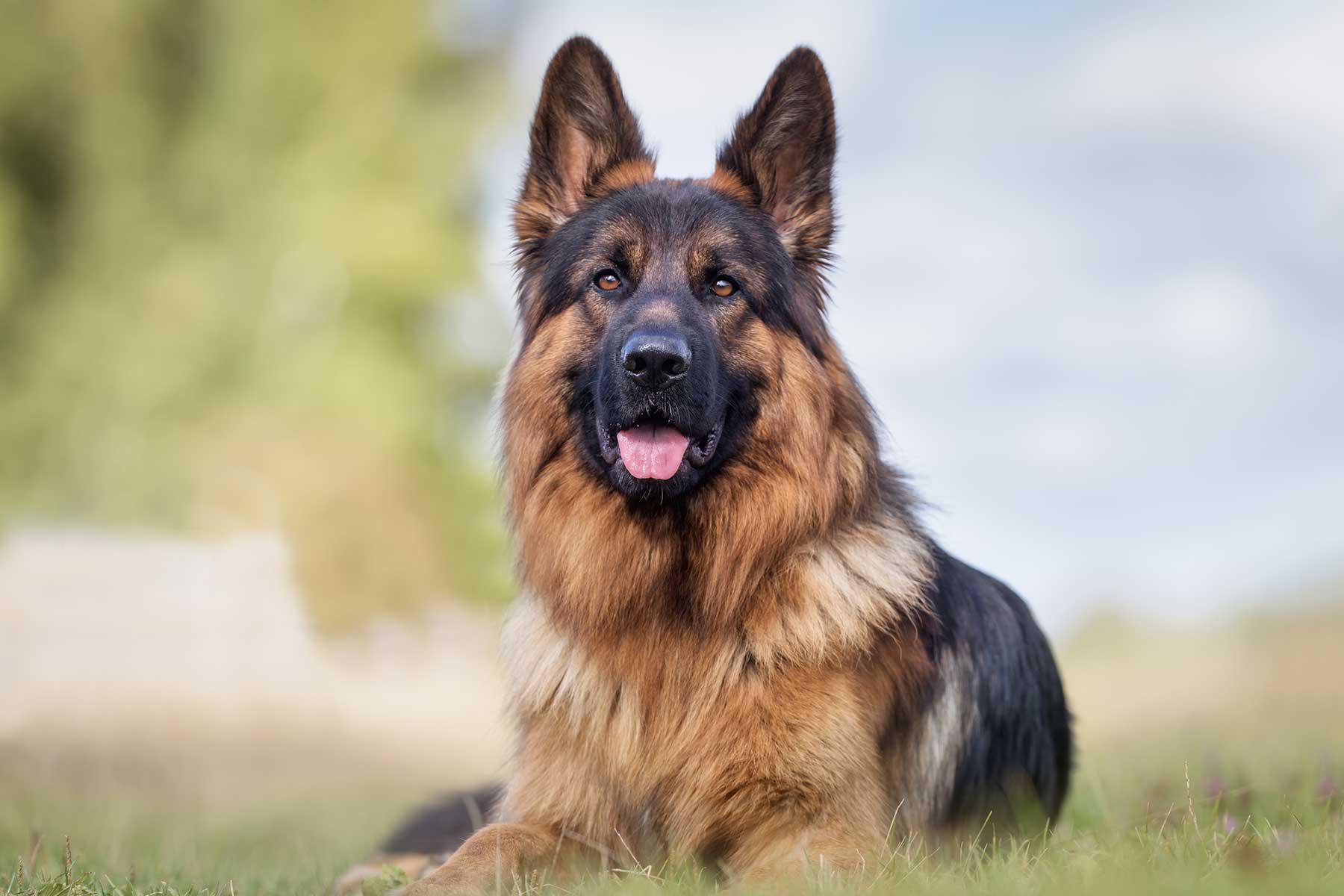Nahla presented at Vetwest Armadale-Byford with a history of vomiting. Earlier that day, Nahla’s owners thought that she seemed fine, maybe a little sleepy, but otherwise normal. She was outside with 2 other dogs for an hour, at which point her owner noticed Nahla starting to lick her lips. The owners thought there was some vomit on the grass but were uncertain at that stage.
Nahla came inside and ate some biscuits and vomited them straight back up. She vomited again after this and had a drink of water and unfortunately vomited once more. Her owner was unsure if there were rubbery pieces in her vomit or if it was just some liver treats, she also noticed a bit of red string.
Nahla’s owner called Vetwest Armadale-Byford and explained to the nurses that she had just vomited four times within a short period of time. The nurse’s advised her to come straight down for a veterinary consultation, which the owner booked immediately. Upon examination, the vet noticed that Nahla’s stomach was dilated and recommended radiographs to confirm whether or not she had a Gastric Dilation-Volvulus (GDV) or also referred to as bloat.
Nahla was admitted into the hospital for her procedure and sedated for radiographs. Most patients require sedation or general anaesthetic for radiographs to be taken. This ensures the safety of our staff to avoid unnecessary radiation and reduces movement of the patient to prevent blurry X-rays. The sedation also calms the patient so that they do not stress out during this period.
Three X-ray views were taken which revealed a large gas dilated stomach, with no volvulus/twisting of the stomach. Veterinarian, Dr Matthew acted quickly and placed an orogastric tube to decompress Nahla’s stomach. Due to the owners and Dr Matthews fast response, they saved Nahla from this life-threatening situation and emergency surgery.
Dr Matthew recommended a preventative gastropexy the following day to prevent this and/or a GDV from happening again in the future. A preventative gastropexy is where the stomach is stitched to the abdominal wall to prevent it from twisting on itself in cases of bloat. If the stomach twists on itself it can cut off the blood to the stomach and it can also push against the diaphragm and cause breathing difficulties.
Nahla’s owners were happy to go ahead with the surgery and booked for the following day. Dr Matthew advised to monitor Nahla closely overnight in case she bloated again and if so to go straight to the nearest emergency clinic.
Luckily Nahla made it through the night without bloating again and was able to come back in the morning for her procedure. Prior to going ahead with her general anaesthetic, we performed a blood test to ensure her vital organs were functioning normally. At Vetwest, we are equipped to run bloods in-house and it takes about 10 minutes to get results. Nahla’s results came back and showed that her ALT (Alanine transaminase) was elevated. ALT is always in the blood but there are low, normal and elevated reference ranges that we can compare to. When ALT is elevated it indicates that there has been damage/trauma to the liver cells. When liver cells are damaged/traumatised they release more ALT into the bloodstream.
Dr Matthew suspected that the increase in ALT was caused by the pressure on the liver due to the dilated stomach, therefore causing some cellular membrane damage. Dr Matthew was happy to proceed with the surgery and recommended retesting the ALT after one month to ensure the levels had reduced to their normal reference range.
Nahla was super brave before and after her procedure and she received lots of kisses and cuddles from the nursing staff and her mum and dad afterwards. Her procedure went well and Dr Matthew was pleased with her progress upon recovery. Nahla was able to go home that same afternoon with an elizabethan collar on her head and medications to continue with at home to keep her comfortable.
We called her owners the next day to check in on how she was doing. Nahla had been doing well and had a small amount of food for dinner and breakfast without any concerns. Her owners said that there was no vomiting or diarrhoea which was also a good sign for her recovery.
After 12 days, Nahla came back into the clinic for her post-operative check. Her owners said that she had been going well at home since her procedure. They were still feeding her small amounts throughout the day and they would start to slowly reduce the number of meals and increase the amount fed per meal. Her surgery site had healed and there were no further concerns.
Nahla was booked in for her repeat blood test one month after the first to check that her ALT enzymes had reduced to the normal reference range. Thankfully, the results came back normal which indicated that the elevation in ALT was caused by trauma due to the dilated stomach. We were happy to tell Nahla’s parents the good news!
Nahla’s mum and dad said she had been doing well and that they were grateful for everything that we had done to help her.
Gastric Dilation-Volvulus is a serious condition and is life-threatening. It occurs more commonly in large, deep-chested dogs such as Great Danes, St. Bernards and Weimaraners but can also affect other breeds.
Some tips on how to prevent Gastric Dilation-Volvulus (GDV):
- Feed high-quality food. This helps as the dog does not need to eat as much food to receive the calories they need, therefore the stomach is not as full.
- Reduce the amount of water intake after the dog has eaten dry biscuits. This can prevent the biscuits from swelling in the stomach too quickly.
- Reduce the amount of food fed per meal. Try and feed dogs twice-three times per day to avoid them having one large meal.
- Try lifting up the food bowl. This can help prevent the stomach from bloating due to the position of the stomach when the bowl is elevated.
- Try and avoid exercising your dog after they have just eaten. This will allow the food in the stomach to settle and digest easier, exercise can stir up in the stomach contents. Exercise also increases the amount of air intake which can contribute to gas.

